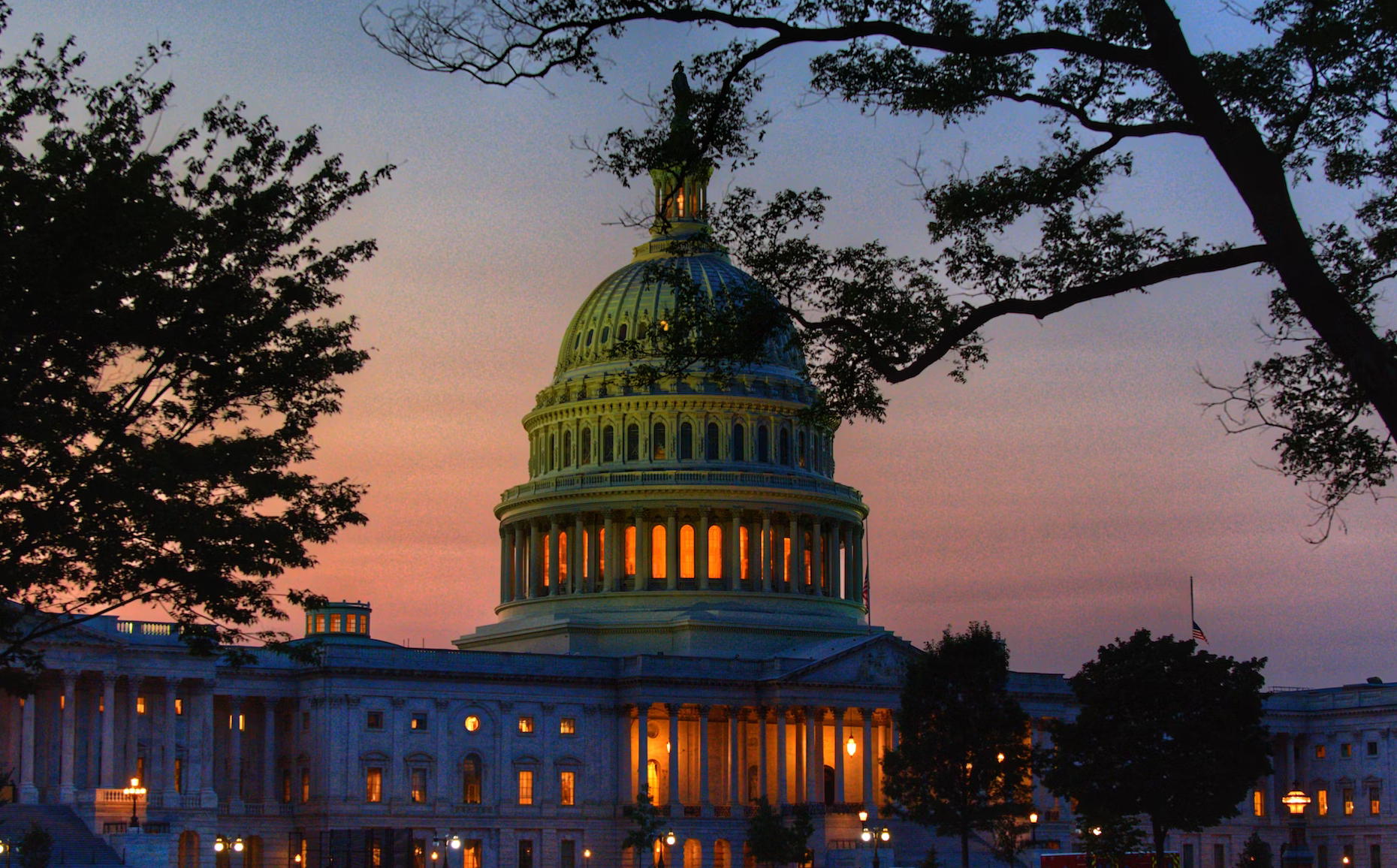Executives at China’s ByteDance will head into the weekend even more concerned about the future of TikTok in the United States, after a vote in Washington DC on Thursday.
On Thursday, the US House Committee on Energy and Commerce voted on a bill that would give Beijing-based owner ByteDance six months to divest itself from TikTok, or face a ban in the United States.
That vote has now taken place, and it is not good news for TikTok, after members of the Energy and Commerce Committee voted 50-0 to approve the bill, representing the most significant momentum for a US crackdown on TikTok, which has approximately 170 million users in America.

House vote
The committee approval has now set up a vote by the US House of Representatives, and that vote is being fast tracked and will be held next week, according to tweet on X (formerly Twitter) by House Majority Leader Steve Scalise.
🚨 The @HouseCommerce Committee just voted 50-0 to force TikTok to sever their ties with the Chinese Communist Party. I will bring this critical national security bill to the House floor for a vote next week.
— Steve Scalise (@SteveScalise) March 7, 2024
The bill would give ByteDance 165 days to divest TikTok.
TikTok reaction
If ByteDance refuses, app stores operated by Apple, Google and others could not legally offer TikTok or provide web hosting services to ByteDance-controlled applications.
TikTok has reacted with dismay to the Committee vote, and argues the bill amounts to a US ban, as it is not clear if China would approve any sale, or that TikTok could be divested from ByteDance in six months.
It comes after TikTok’s CEO has previously told US lawmakers that the app has not, and would not, share US user data with the Chinese government.

“This legislation has a predetermined outcome: a total ban of TikTok in the United States,” the company was reported by Reuters as saying after the vote.
“The government is attempting to strip 170 million Americans of their Constitutional right to free expression,” TikTok reportedly said. “This will damage millions of businesses, deny artists an audience, and destroy the livelihoods of countless creators across the country.”
Worried users
Before the vote, US lawmakers had reportedly received a closed-door classified briefing on national security concerns about TikTok’s Chinese ownership.
According to Reuters, Representative Frank Pallone, the top Democrat on the committee, on Thursday said his hope was the law “will force divestment of TikTok and Americans will be able to continue to use this and other similarly situated platforms without the risk that they are being operated and controlled by our adversaries.”
TikTok users reportedly flooded Capitol Hill with phone calls urging lawmakers not to back the measure, after the app warned users it could be banned.
“Why are Members of Congress complaining about hearing from their constituents? Respectfully, isn’t that their job?” the company tweeted on X.
Members of Congress are complaining about hearing from their constituents? Respectfully, isn’t that their job?
170 million Americans love TikTok and every single one of us should care about our First Amendment rights. https://t.co/bI72pduWc9
— TikTok Policy (@TikTokPolicy) March 7, 2024
White House backing
The Committee vote on Thursday had been welcomed by the White House, which has backed previous efforts to impose a nationwide ban on TikTok in the US.
It should be remembered that the US Senate in December 2022 passed a bill barring federal employees from using the app on government devices.
And 34 out 50 US states have also banned TikTok on governmental devices.
According to Reuters, White House press secretary Karine Jean-Pierre had on Wednesday praised the proposal, saying the administration wants “to see this bill get done so it can get to the president’s desk” saying it supports addressing “the threat posed by certain technology services operating in the United States.”
However the app is popular with US youngsters, and getting legislation approved in an election year may be difficult.
In November a US judge blocked Montana’s first-of-its kind state ban on TikTok, saying it violated the free speech rights of users.
Montana is appealing that ruling.
Former US President Donald Trump in 2020 actively tried to ban TikTok in the US, and even tried to force its sale to a US owned entity, but his efforts were blocked by US courts.





